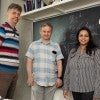
Why some genes are more error-prone: Scientists uncover hidden rule in DNA transcription
The study by Rice scientists shows why genetic sequences are not equally prone to errors.

Why some genes are more error-prone: Scientists uncover hidden rule in DNA transcription
The study by Rice scientists shows why genetic sequences are not equally prone to errors.
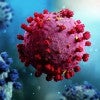
Researchers make breakthrough in fight against COVID-19
Jose Onuchic is part of a research team that has made a discovery in the fight against SARS-CoV-2, the virus responsible for COVID-19.
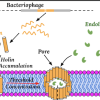
Rice researchers unveil secrets behind viral precision
New research from Rice scientists is shedding light on how viruses ensure their survival by precisely timing the release of new viruses.
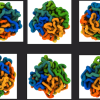
Researchers discover ancient chromosomes in 52,000-year-old woolly mammoth
Researchers have discovered fossils of ancient chromosomes preserved in the remains of a woolly mammoth that died 52,000 years ago.
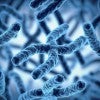
Rice researchers uncover key mechanisms in chromosome structure development
Researchers at Rice are making strides in understanding how chromosome structures change throughout the cell’s life cycle.
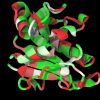
Do genes-in-pieces code for proteins that fold in pieces?
A new study led by Peter Wolynes offers new insights into the evolution of foldable proteins.
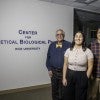
Rice study reveals insights into protein evolution
Rice University’s Peter Wolynes and his research team have unveiled a breakthrough in understanding how specific genetic sequences, known as pseudogenes, evolve. Their paper was published May 13 by the Proceedings of the National Academy of Sciences of the United States of America Journal.
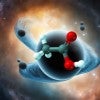
Chemical reactions can scramble quantum information as well as black holes
A team of researchers from Rice University and the University of Illinois Urbana-Champaign has shown that molecules can be as formidable at scrambling quantum information as black holes by combining mathematical tools from black hole physics and chemical physics and testing their theory in chemical reactions.

Rice physicist Evelyn Tang is inaugural recipient of early career award
Rice theoretical physicist Evelyn Tang is an inaugural recipient of the Interdisciplinary Early Career Scientist Prize from the International Union of Pure and Applied Physics.

Theory can sort order from chaos in complex quantum systems
Theory can sort ‘order’ from ‘chaos’ in complex quantum systems.
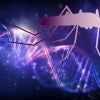
Mosquito’s DNA could provide clues on gene expression, regulation
Rice University researchers discover that the Aedes aegypti mosquito’s DNA has the physical properties of a liquid crystal, a unique feature not found in any other species that could provide new clues on the factors that govern gene expression and regulation.

Rice lab uncovers dynamics behind protein crucial in breast cancer
Just as a puppeteer moves a puppet by manipulating its strings, estrogen receptors, which play a crucial role in breast cancer, work in similar ways when they facilitate the interaction between hormones and DNA, according to Rice scientists.
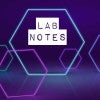
STAT’s Hopkins co-authors National Academies report. CAREER Awards keep coming. DOE funds NEWT desalination research.

People, papers and presentations for Jan. 23, 2023
Evelyn Tang, an assistant professor of physics and astronomy and a member of Rice University’s Center for Theoretical Biological Physics, is one of 17 early-career researchers to receive a $50,000 award in the inaugural year of the Scialog: Molecular Basis of Cognition initiative, which will begin with a conference Oct. 12-15 in Tucson, Arizona.

Evelyn Tang, an assistant professor of physics and astronomy and a member of Rice University’s Center for Theoretical Biological Physics, has won a prestigious National Science Foundation CAREER Award.